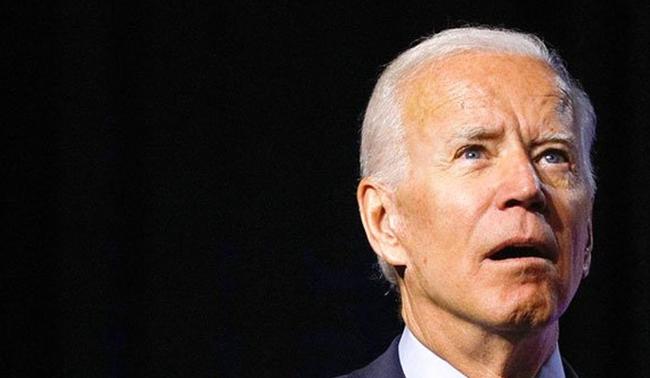ConDig (09-Jun-21) A plan by the Biden administration to tackle the current bottleneck in critical supply chains will only fuel a deepening shortage of workers and fails to address soaring material costs, according to the Associated General Contractors of America.
Stephen E. Sandherr, chief executive officer of AGC, said the construction industry was experiencing widespread and growing problems with the cost and supply of materials that could hobble the administration’s plans to upgrade the nation’s infrastructure.
“The President could provide immediate relief from soaring prices for lumber, steel and aluminum by removing harmful tariffs and quotas. Unfortunately, the President’s recommendations ignore that quick and effective approach,” he said.
“Instead, these proposals would limit the ability of workers and employers to fill needed construction positions. Imposing mandated hiring percentages from certain localities and training programs, dictating inflexible labor agreements, and setting artificially high pay rates will diminish the number of firms and workers available to carry out vital infrastructure and other construction programs.”
The comments come as Biden has not said whether he will eliminate the Section 232 tariffs on steel and aluminum, which were invoked by previous President, Donald Trump.
Building material costs have soared 26.1% on average over the past 12 months, according to a recent survey of single-family builders by the National Association of Home Builders (NAHB).
A plurality of builders (28%) reported that material costs increased by 20-30% over the past year. Another 15.9% indicated that costs increased by 30-40%; 5.9% said costs rose by 40-50% and 15.2% indicated that their costs had soared by 50% or more.
On average, the 12-month increase in material costs for the same house was 26.1%, by far the highest percentage cost increase ever recorded in an NAHB survey. The previous record was 6.1% in 2017.
The increasing cost of building materials like lumber has put the brakes on housing starts and permits in recent weeks.
Along with bolstering domestic supply chains of products like rare earths, lithium batteries and semiconductors, the Biden administration said Tuesday that it plans to combat “unfair foreign trade practices,” which it believes have hampered supply chains around the world.
This would include establishing a “trade strike force” led by the U.S. Trade Representative’s office. The strike force will aim to identify “unilateral and multilateral” enforcement actions the United States can take to punish countries that it believes are engaging in unfair trade practices.
It will also unveil $100 million in additional grants to support state-led apprenticeship expansion efforts. The grants will be administered by the Department of Labor.
